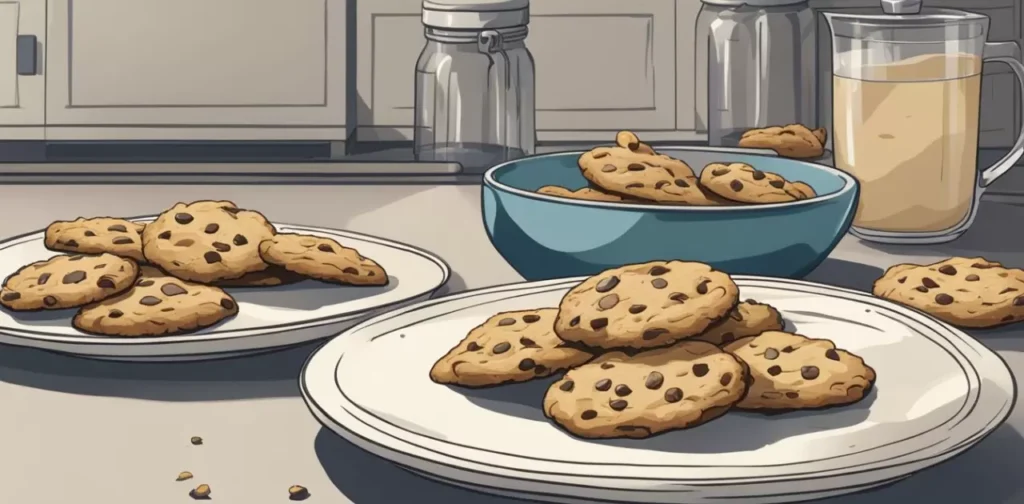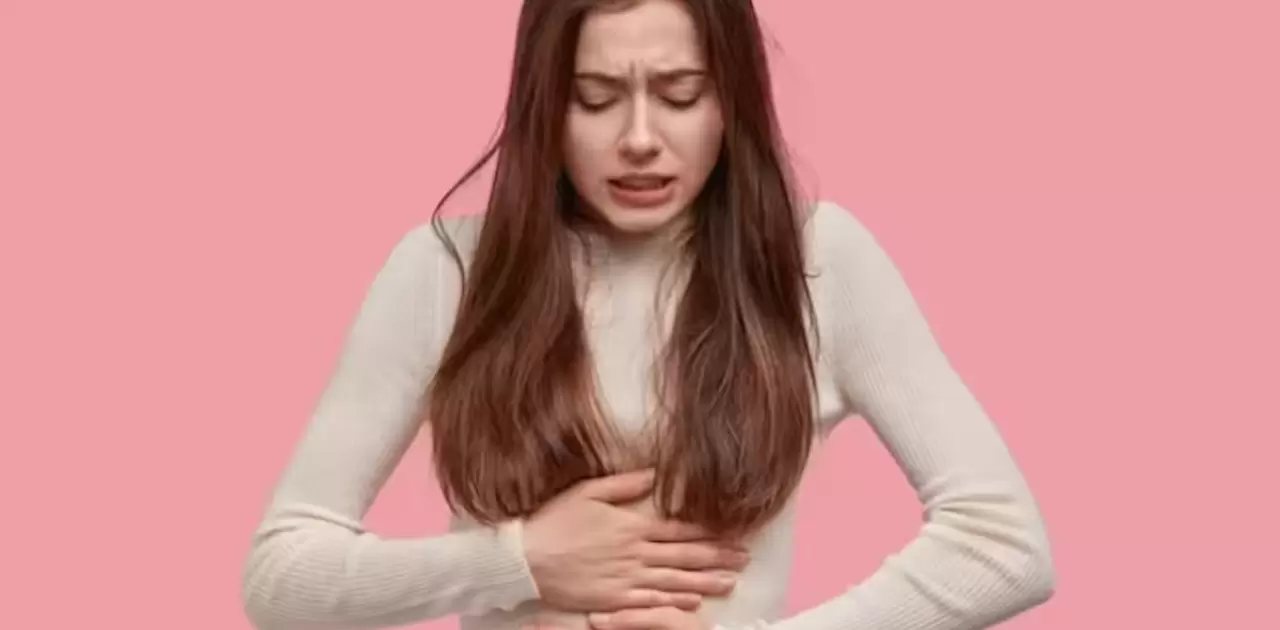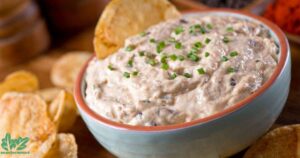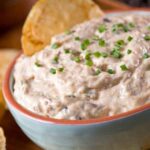Eating expired food can pose various health risks. The expiration date indicates how long the food will maintain its peak quality and safety. After that date foods may become contaminated with harmful bacteria or spoil.
If you consume expired foods you increase your chances of foodborne illnesses like food poisoning. Common symptoms include nausea vomiting diarrhea and abdominal cramps. Some expired foods may also contain toxic substances that can make you very sick.
To avoid these risks always check expiration dates and discard expired items. Never consume canned goods that are dented, bulging, or leaking. When in doubt throw it out. Your health is too important to take a chance on spoiled food.
What are Expired Foods?
Expired foods are food products that have passed their expiration or best by date printed on the packaging. These dates are set by manufacturers to indicate when the food will start to lose its freshness flavor or nutrients.
Once a food item goes past its expiration date it does not necessarily mean it is unsafe to eat right away. The quality may diminish and bacteria can start growing more rapidly after that date. Eating very old expired foods increases the risk of foodborne illness.
Common expired food examples include:
- Milk
- Eggs
- Meat
- Canned goods
- Cereals
- Baked goods
- and other perishable items.
Always examine expired foods carefully for any signs of spoilage like an off smell flavor texture or appearance before consuming.
Why You Should Not Eat Expired Foods
You should not eat expired foods because they can make you sick. Harmful bacteria can grow on expired foods causing foodborne illnesses. Eating expired foods increases your risk of getting food poisoning with symptoms like vomiting and diarrhea.
Expired foods may also contain toxic substances that have built up over time. These toxins can seriously harm your health if consumed. Mold is another concern with expired foods and can produce dangerous mycotoxins.
Even if expired foods look and smell fine they may have lost much of their nutritional value. Eating expired foods means you miss out on important vitamins minerals and other nutrients your body needs. It is best to discard expired items to avoid potential health risks.
Also read this: How To Ferment Chicken Food?
Possible Risks Associated With Eating Expired Food

Food Poisoning Risk
Eating expired foods significantly increases your risk of contracting food poisoning from harmful bacteria like Salmonella, E. coli, or Listeria. These bacteria multiply rapidly as foods age past their expiration dates. Food poisoning can cause severe vomiting diarrhea abdominal cramps and even hospitalization in some cases.
Toxic Contamination Danger
As foods expire they can accumulate toxic substances like cadaverine putrescine and histamine. These toxins are produced as food spoils and can cause adverse reactions like rashes headaches breathing issues and other allergic-type responses if ingested at high levels.
Nutrient Depletion Concern
The vitamins minerals and other beneficial nutrients in foods gradually break down over time past expiration. Consuming very old expired items means you miss out on the nutritional value you expect from that food. This can potentially lead to nutritional deficiencies especially in young children and the elderly.
Scientific Basis for Expiry Dates
- Microbial Growth: As time passes bacteria yeasts and molds can multiply in foods leading to spoilage and potential foodborne illnesses.
- Chemical Changes: Foods undergo chemical reactions over time that can alter their taste, texture, nutritional value, and safety.
- Nutrient Loss: Vitamins and other nutrients naturally degrade in foods, reducing their nutritional quality as they expire.
- Fat Oxidation: Fats and oils in foods can become rancid and develop off-flavors due to oxidation reactions over time.
- Moisture Loss: Dry foods like crackers and cereals can lose moisture and become stale past their expiry dates.
- Enzymatic Activity: Enzymes naturally present in foods can cause unwanted changes in color, flavor, and texture as the food ages.
- Food Safety Testing: Expiry dates are determined through extensive testing to ensure foods remain safe and maintain their quality until that date.
Expiration dates are scientifically calculated to indicate when chemical microbial and other natural processes will cause foods to spoil or become unsafe to consume.
Factors Influencing Shelf Life Calculation
Here are some common factors included:
- Different foods have varying shelf lives based on their composition pH levels water activity and other intrinsic properties. For example, canned goods last longer than fresh produce.
- The type of packaging (air-tight, vacuum-sealed, etc.) plays a crucial role by limiting exposure to factors like air moisture and light that contribute to spoilage.
- Temperature humidity and exposure to sunlight during storage greatly impact the rate of food degradation and spoilage.
- How a food is processed (canned, frozen, dried, etc.) affects its shelf life by slowing down or preventing microbial growth.
- Added preservatives like nitrites sulfites antioxidants etc. help extend the shelf life by preventing spoilage.
- The initial microbial load in a food and the presence of any pathogens influences how quickly it spoils.
- Foods intended for high-risk groups like infants or the elderly generally have stricter shorter shelf life calculations.
Food manufacturers calculate precise expiry dates by carefully considering all these factors through microbiological testing and modeling over the product’s shelf life.
Read also this: Brouwer Fruit Kersen Verkoop: Excellence in Cherries
3 Important Tips for Consumers

Understand Date Labels
Best By dates indicate when a product will start to degrade in quality, but it may still be safe to consume past that date. Use By dates are the last dates for peak quality. Once an Expiration date has passed, the food should not be consumed.
Inspect Foods Carefully
Even before a Best By date, check for signs of spoilage like an off odor discoloration mold or textural changes. If a food seems spoiled, it’s best to discard it regardless of the date. When in doubt, throw it out.
Practice Proper Storage
Storing foods at recommended temperatures and sealed properly can extend their shelf life. Refrigerate or freeze perishable items promptly. Rotate food stocks so older items are consumed first before they expire.
Be Cautious with High-Risk Groups
Pay extra attention to expiry dates when serving foods to young children pregnant women older adults and those with compromised immune systems as they are more susceptible to foodborne illnesses.
Frequently Asked Questions
Is it safe to eat foods after the Best By date?
While edible quality may have diminished. Use your best judgment based on appearance and smell.
How long can I consume food after the expiration date?
There is no definite rule it depends on the food type storage conditions and signs of spoilage.
Should I avoid eating dented or bulging canned goods?
Yes, dented or bulging cans can indicate bacterial growth and should be discarded.
Will cooking kill harmful bacteria in expired foods?
Cooking can kill some bacteria but may not eliminate all toxins produced during spoilage.
Do expired foods just lack nutrients or pose other risks?
Expired foods risk bacterial growth and toxin production not just nutrient depletion.
Is it okay to donate expired items to food banks?
No, food banks cannot accept expired damaged or potentially unsafe donated food.
Conclusion
Consuming expired foods carries significant risks that should not be taken lightly. As food products age past their expiration dates they become more prone to bacterial growth toxin production and nutrient loss. This can lead to serious health issues like food poisoning allergic reactions and nutritional deficiencies.
While some foods may still appear and smell okay after expiring there is no way to guarantee their safety. It is always better to err on the side of caution and discard any items that are past their labeled expiration. Proper food storage and handling practices can help maximize shelf life. Once an item expires the wisest choice is to throw it away.
Your health should be the top priority when deciding whether to consume an expired food product. When in doubt do not eat it. Following safe food handling guidelines protects you and your loved ones from preventable foodborne illnesses. A little caution goes a long way.

Ethan Henry with 8 years of expertise in bamboo, excels in sustainable design, construction and product development. His passion for eco-friendly solutions has driven innovative advancements in bamboo-based industries.











